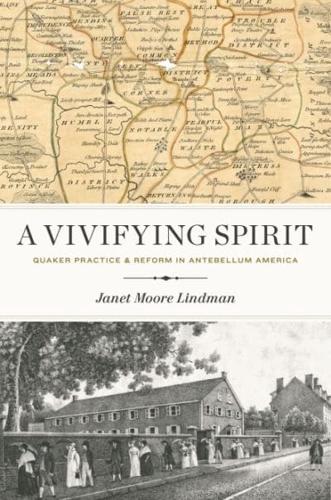Publisher's Synopsis
American Quakerism changed dramatically in the antebellum era owing to both internal and external forces, including schism, industrialization, western migration, and reform activism. With the "Great Separation" of the 1820s and subsequent divisions during the 1840s and 1850s, new Quaker sects emerged. Some maintained the quietism of the previous era; others became more austere; still others were heavily influenced by American evangelicalism and integration into modern culture.
Examining this increasing complexity and highlighting a vital religiosity driven by deeply held convictions, Janet Moore Lindman focuses on the Friends of the mid-Atlantic and the Delaware Valley to explore how Friends' piety affected their actions-not only in the evolution of religious practice and belief but also in response to a changing social and political context. Her analysis demonstrates how these Friends' practical approach to piety embodied spiritual ideals that reformulated their religion and aided their participation in a burgeoning American republic.
Based on extensive archival research, this book sheds new light on both the evolution of Quaker spiritual practice and the history of antebellum reform movements. It will be of interest to scholars and students of early American history, religious studies, and Quaker studies as well as general readers interested in the history of the Society of Friends.










